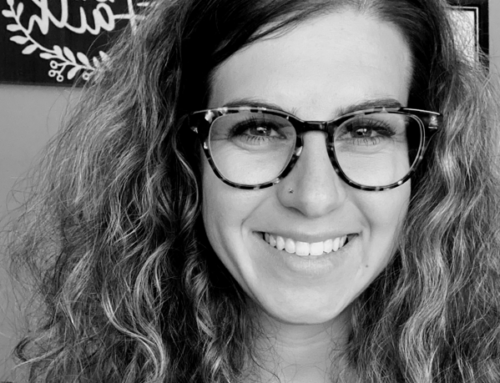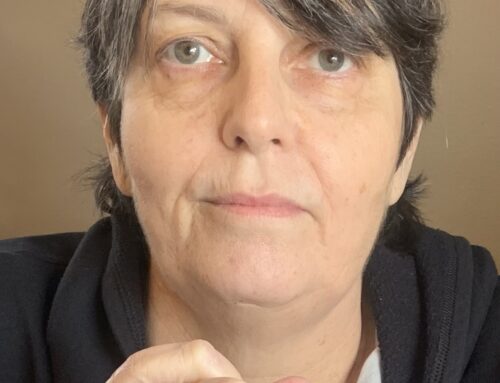Being close with someone struggling with drug or alcohol addiction can be frustrating at times. It’s not easy to see someone we love struggle with this disease when all we want for them is to get better and stay in recovery.
But sometimes our emotions get the best of us, and we say things we don’t always mean. Some well-intended expressions can actually be harmful. Here are some phrases and words that should be avoided and why.
“Just quit cold turkey!”
We understand you want to help but quitting cold turkey can be very dangerous. Especially with alcohol and certain drugs like benzodiazepines, a sudden stop of intake can induce life-threatening seizures. For people addicted to methamphetamines, the withdrawal period often turns people violent and delusional. The best way to start addiction recovery is at a detox facility, where people are monitored closely by medical professionals. Instead of this statement, offer to help your loved one research reputable detox facilities with continuing care options.
“You don’t look like an addict.”
Society and the media have presented a stereotype of what people struggling with addiction typically look like. But addiction is a disease that can affect people of any race, age, gender, orientation, career or vocation. In the last 50 years, we’ve seen men and women, young and elderly, high school dropouts and college graduates, construction workers and lawyers. Additionally, using the word “addict” is discouraged. It is insulting and can induce unnecessary shame for the person who is struggling with a substance use disorder. Today, more than ever, we should steer clear of this phrase and work to de-stigmatize what it means to have an addiction.
“You need to hit rock bottom before it gets better.”
This is false. No one needs to hit rock bottom before they seek help. While events like an overdose can be a wakeup call, there are many people who decide to get help on their own. Furthermore, “rock bottom” is different for everyone – for some it’s the loss of their family and friends or getting fired from their job, for others it can be a near-fatal overdose, crimes committed or the death of a loved one. Encourage those around you to seek help now rather than waiting until they suffer a traumatic experience.
We all want to help our loved ones during times of need, but it’s best to approach these conversations cautiously. Certain phrases, words and questions can be triggering, even when you don’t mean them to be. If someone you love is already in treatment, see if they offer family engagement programming, where specialists help educate the family about addiction, treatment and what you can do and say to help. One day, your loved one will thank you for helping them achieve and sustain their recovery.
If you or a loved one is struggling with addiction, call us today at 1-877-MyRehab today. Our comprehensive continuum of treatment means that we’re available to help everyone in every stage of addiction.










